Election Polling - Election Poll Analysis
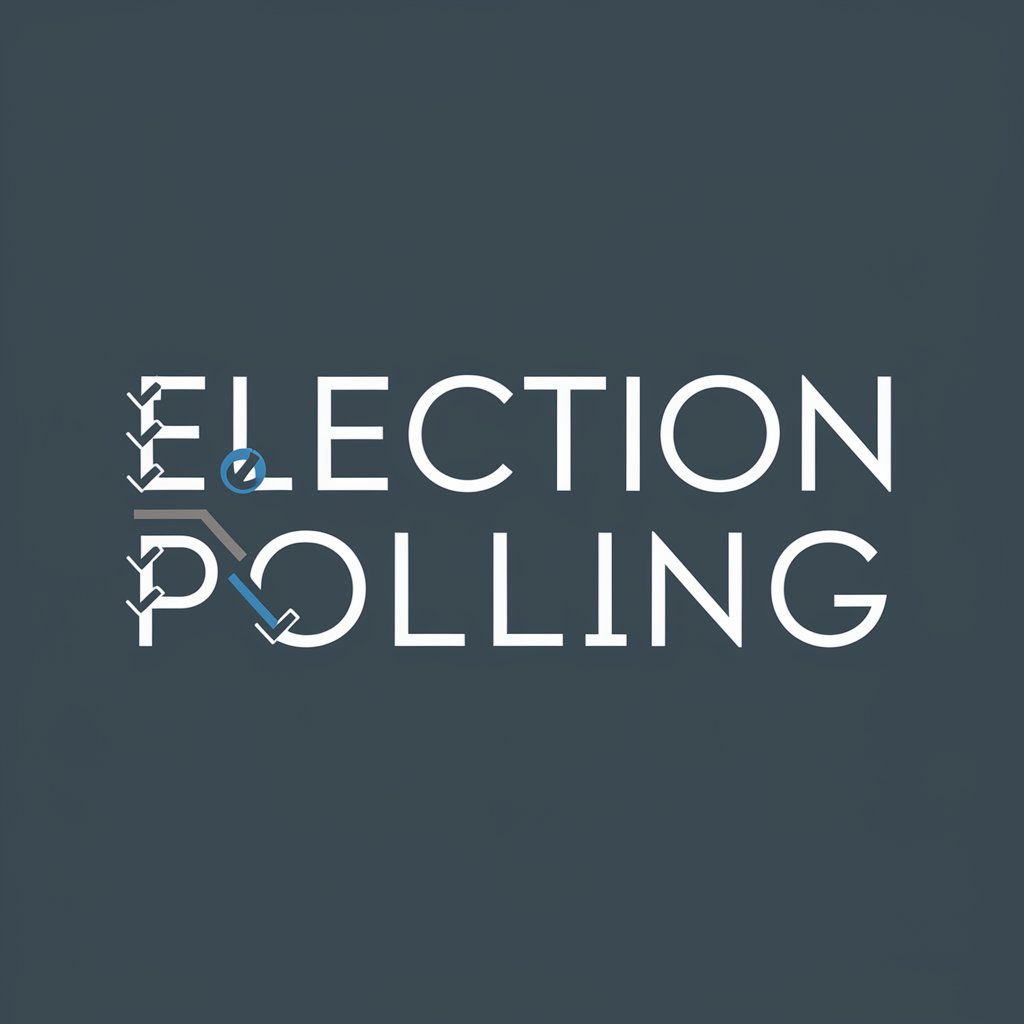
Welcome! Let's dive into the latest election polls and insights.
AI-powered Insights into Electoral Trends
What are the latest polling results for the upcoming presidential election?
Can you explain the methodologies used in election polling?
How do current events influence public opinion according to recent polls?
What historical polling data can help predict the outcome of the next election?
Get Embed Code
Introduction to Election Polling
Election Polling is a specialized analytical tool designed to provide insights into public election polls, their results, and the dynamics surrounding political candidates and their campaigns. Its core purpose is to aggregate, analyze, and present data from a variety of polls to give a comprehensive view of the current political landscape. This involves examining voter preferences, trends over time, and the potential impacts of recent events on public opinion. For example, in the lead-up to an election, Election Polling might analyze data from national and local polls to forecast which candidates are leading in specific regions or demographic groups, providing a snapshot of the election's potential outcomes. Powered by ChatGPT-4o。

Main Functions of Election Polling
Aggregating Poll Data
Example
Compiling results from multiple polling organizations to present a unified view of election trends.
Scenario
Before a presidential election, aggregating national polls to determine the overall favorability of candidates among the electorate.
Analyzing Voter Demographics
Example
Breaking down poll results by age, gender, income, education, and other demographic factors.
Scenario
Identifying which demographic groups are most supportive of a particular candidate or policy proposal, helping campaigns tailor their messaging.
Forecasting Election Outcomes
Example
Using historical data and current trends to predict the results of upcoming elections.
Scenario
Ahead of midterm elections, providing predictions on which party is likely to gain control of Congress based on current polling data and trends.
Evaluating Polling Methodologies
Example
Assessing the reliability and accuracy of different polling methods, such as phone surveys, online panels, or face-to-face interviews.
Scenario
Analyzing how the shift towards mobile and online polling might affect the accuracy of polls and making recommendations for pollsters.
Ideal Users of Election Polling Services
Political Campaigns
Campaign managers and strategists use Election Polling to gauge public opinion on their candidates, understand the effectiveness of their campaign strategies, and adjust their approaches based on voter preferences and trends.
News Organizations and Journalists
Media professionals rely on Election Polling for accurate and up-to-date information on election trends and forecasts to inform their reporting and provide their audience with insightful analysis.
Academic Researchers and Students
Individuals in academic settings use Election Polling to study electoral behavior, analyze the impact of political events on public opinion, and educate students about the complexities of the electoral process.
Public Policy Makers
Policymakers and governmental officials may use Election Polling data to understand public opinion on various issues, helping them make informed decisions that reflect the preferences of their constituents.

How to Use Election Polling
1
Start by visiting a designated platform offering access to the tool, such as yeschat.ai, to try Election Polling for free without the need for registration or a premium subscription.
2
Identify your specific need or query related to election polls, such as understanding polling methodologies, analyzing current polls, or exploring historical election data.
3
Utilize the search or query function within the tool to input your election-related questions or keywords to receive tailored information and analysis.
4
Review the provided data, analyses, and insights to gain a deeper understanding of the electoral landscape, voter sentiment, and potential election outcomes.
5
For an optimal experience, engage with the tool's advanced features by asking complex questions, requesting comparative analyses, or exploring implications of current polling data on future elections.
Try other advanced and practical GPTs
Who will be President?
Decoding Elections with AI-Powered Insights
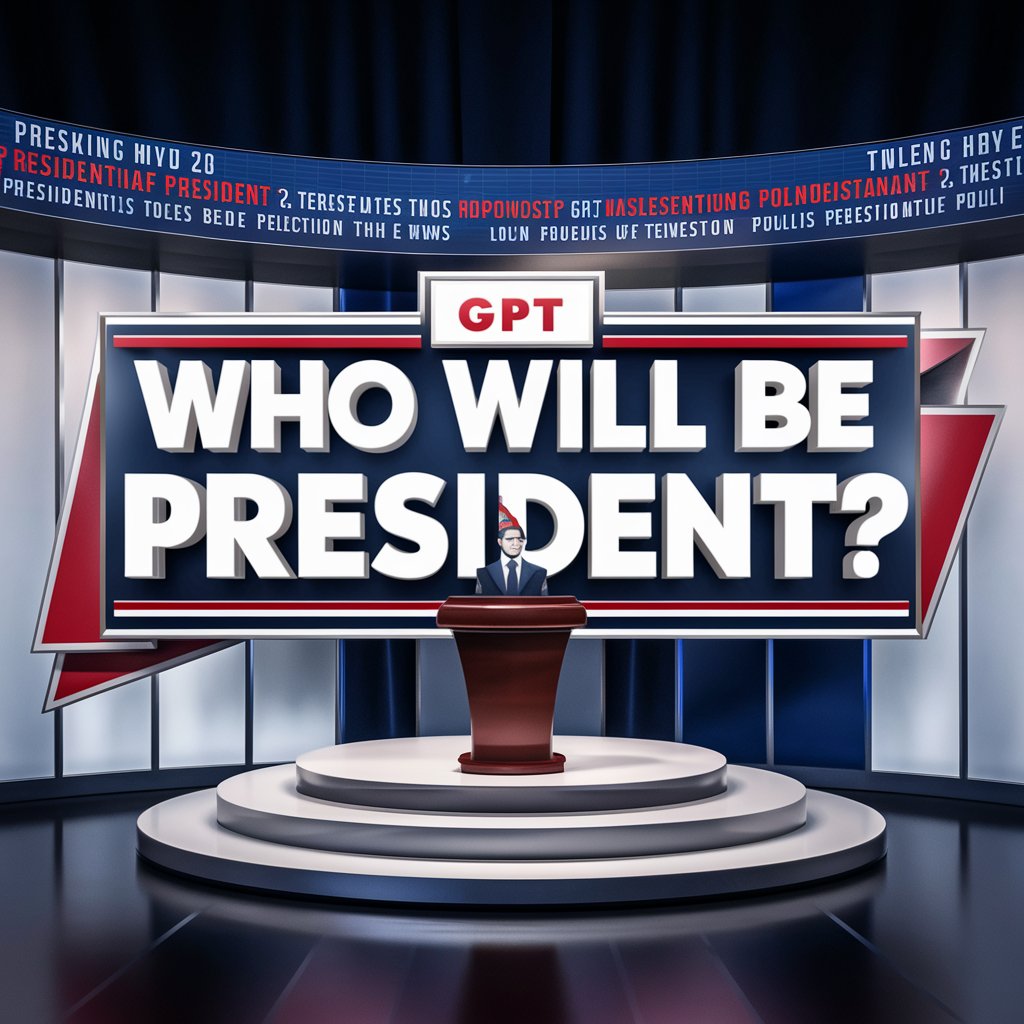
Election
AI-powered election insights at your fingertips.
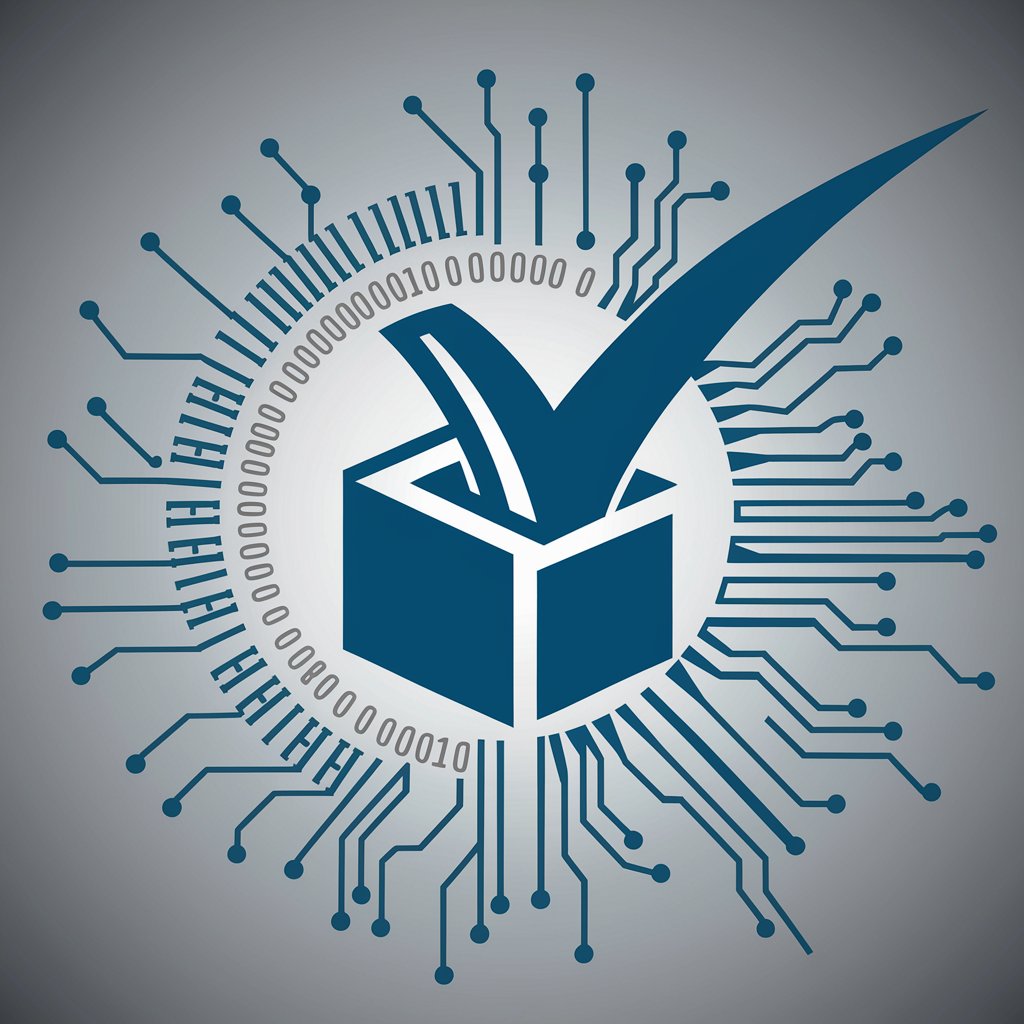
Presidential Election
Navigate Elections with AI-Powered Precision

History of African American Cuisine
Explore, Cook, and Celebrate African American Culinary Heritage

History Quiz
Explore history with AI-powered quizzes
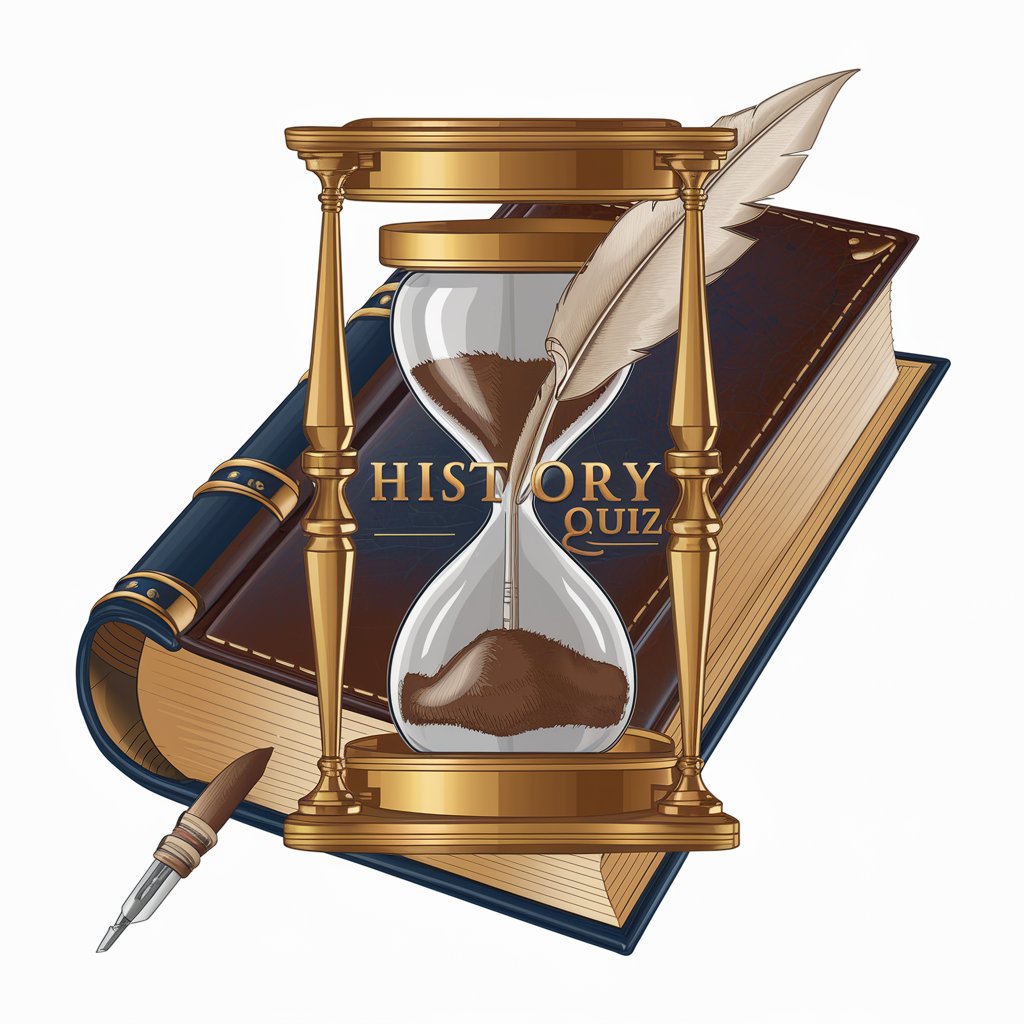
Unsolved Mysteries
Unlocking the Mysteries with AI

Election Poll
Your AI-Powered Election Guide
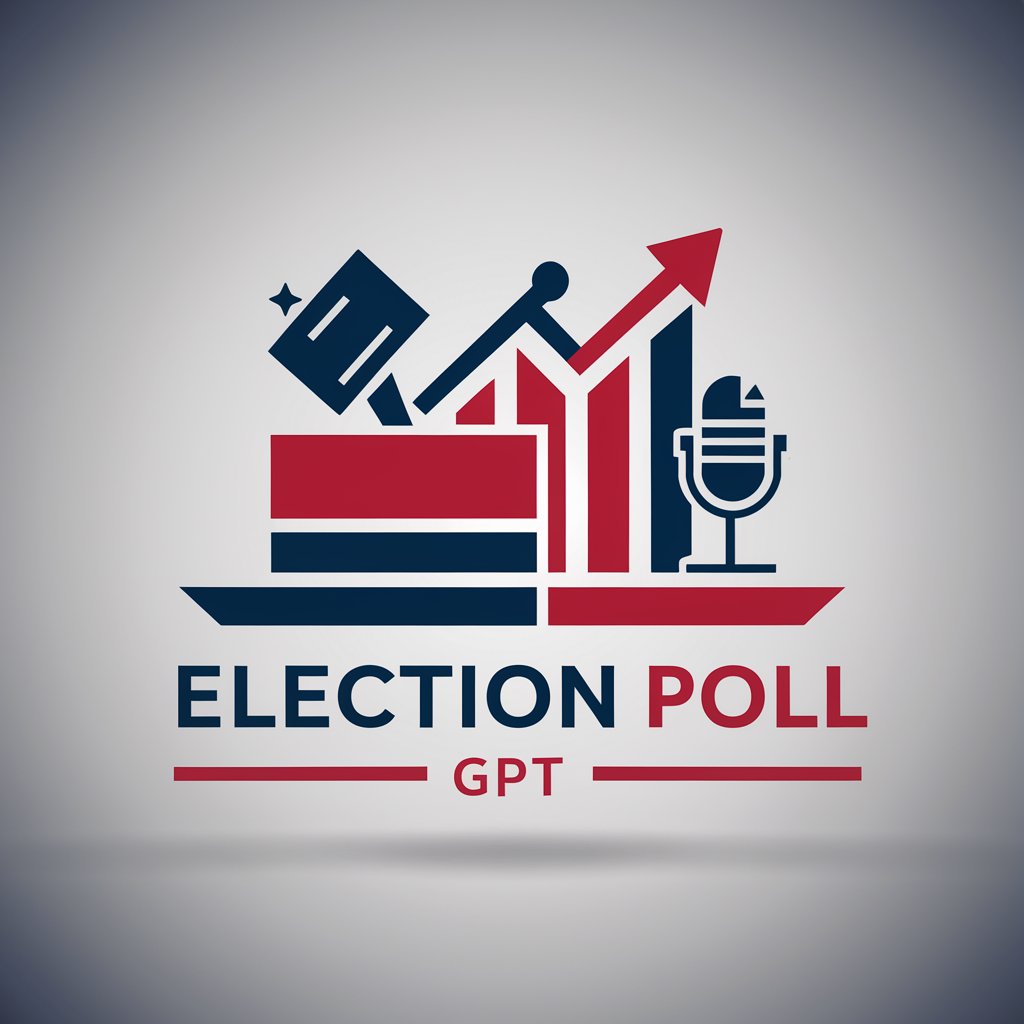
Presidential Election Polling
Insightful AI-driven election forecasting

Election Results
Unveil Election Insights with AI
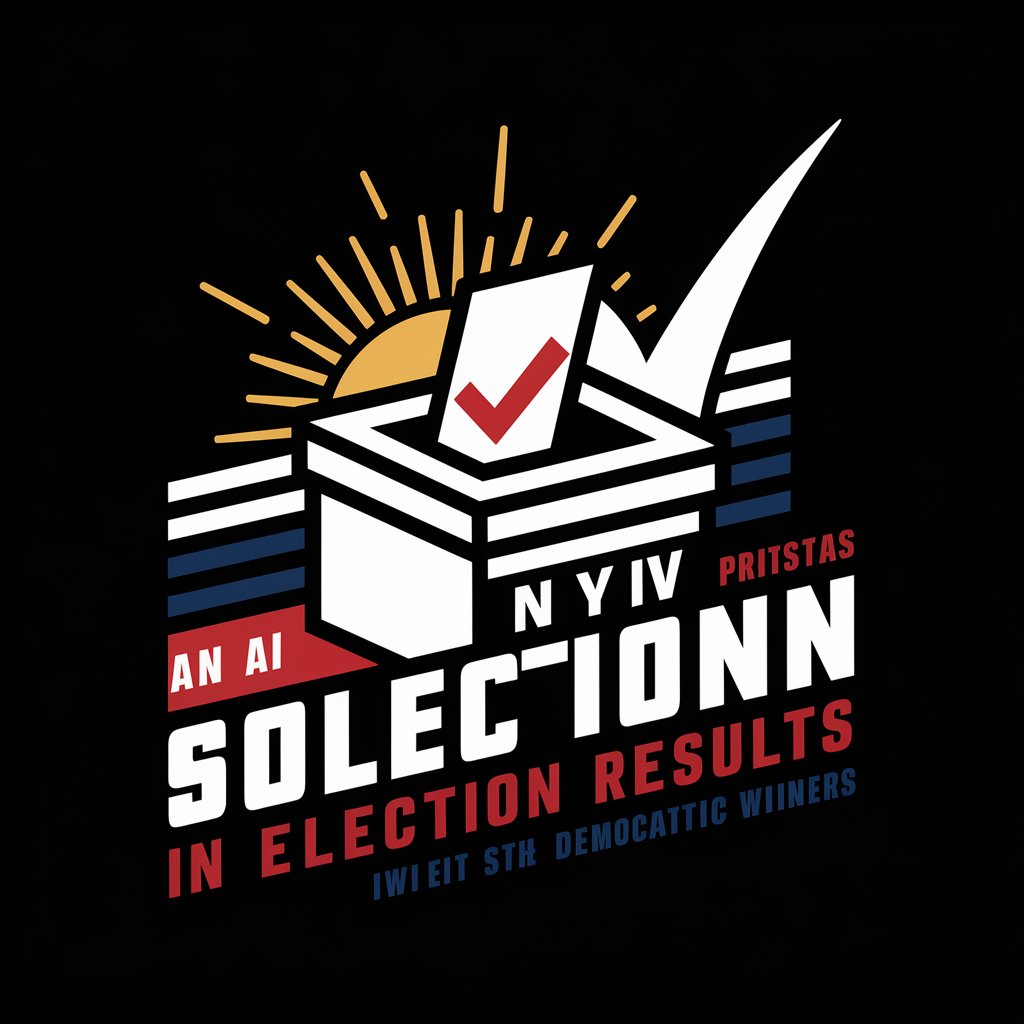
Election 2024
AI-powered election intelligence

Election News
Stay informed with AI-powered election news
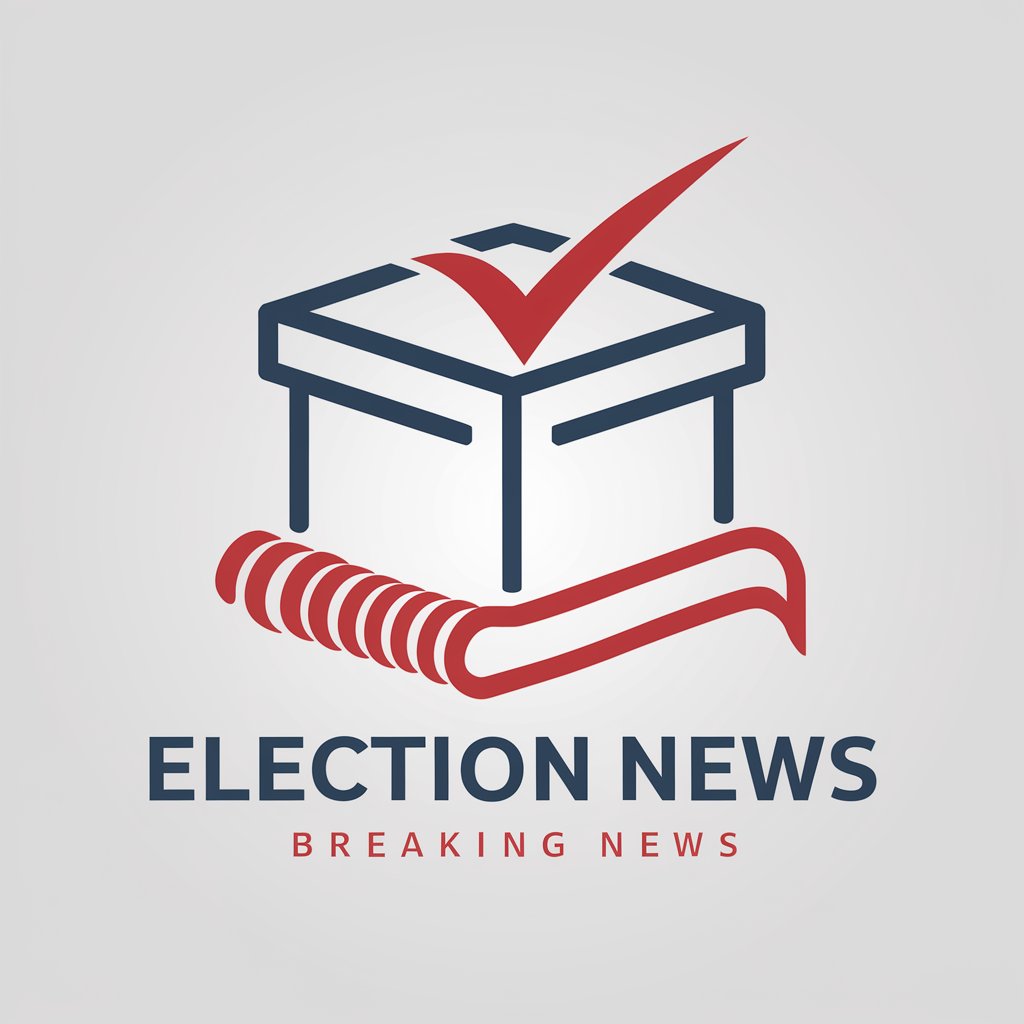
AWS Electoral
Optimize AWS with AI-driven Insights

Election Polling Q&A
What polling methodologies does Election Polling analyze?
Election Polling covers a wide range of methodologies, including telephone surveys, online polling, face-to-face interviews, and mixed-method approaches, providing insights into their accuracy, biases, and reliability.
Can Election Polling predict election outcomes?
While Election Polling analyzes current and historical poll data to identify trends and potential outcomes, it emphasizes that predictions are based on available data and are subject to change with new information.
How does Election Polling handle data from different sources?
Election Polling aggregates data from various reputable sources, standardizing it for comparison and analysis to present a comprehensive view of the electoral landscape across different jurisdictions and time periods.
What makes Election Polling stand out from other poll analysis tools?
Its AI-powered analysis offers real-time updates, a wide range of methodologies, and the ability to interpret complex data sets, providing users with nuanced insights into electoral trends and sentiments.
How can academics benefit from using Election Polling?
Academics can leverage Election Polling for research and analysis, accessing a vast archive of historical data, comparing polling methodologies, and studying the impact of various factors on election outcomes.
